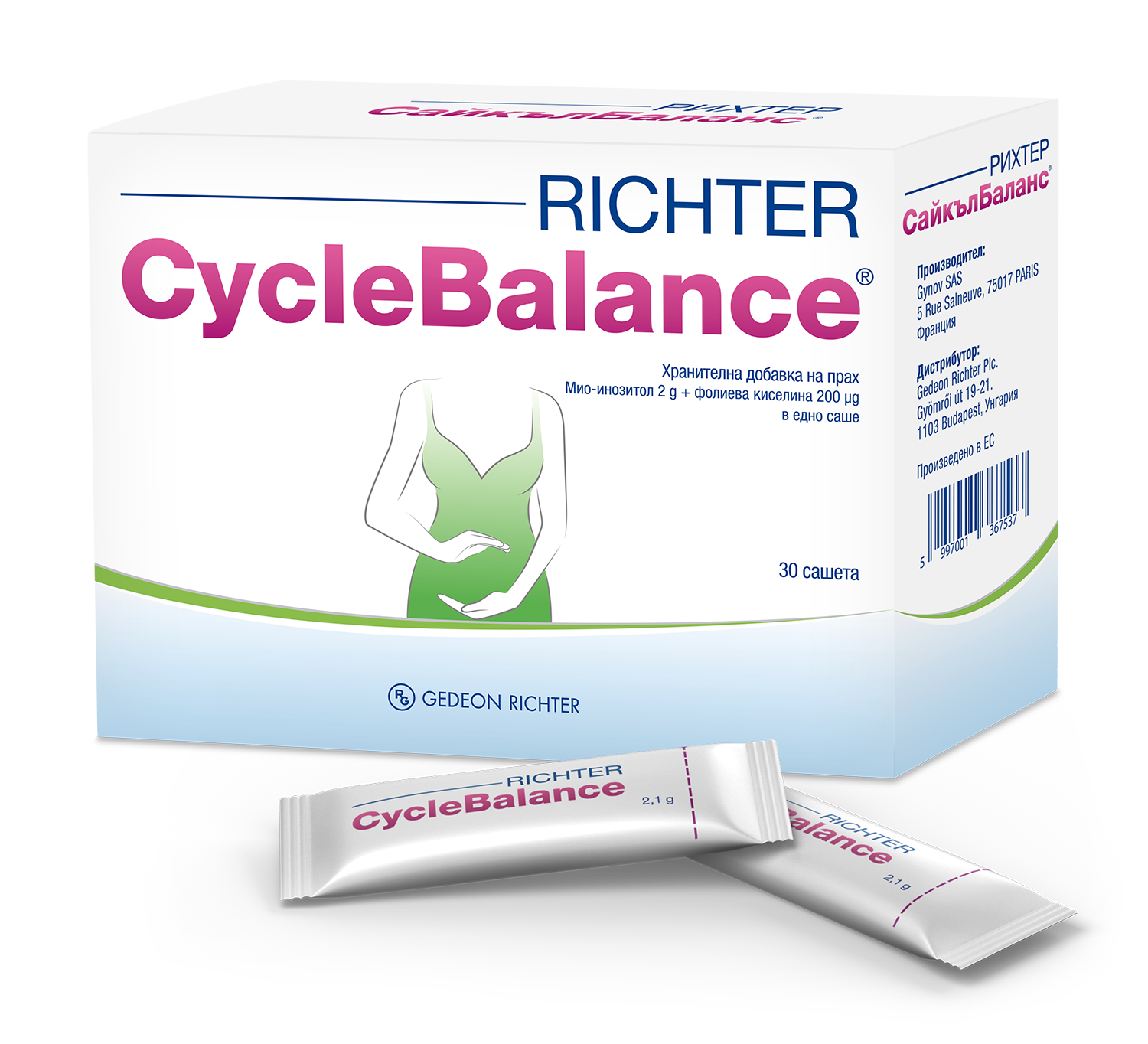What is PCOS?
PCOS (PolyCystic Ovary Syndrome) is a common cause of difficulties to get pregnant. It is also known as Stein-Leventhal syndrome or hyperandrogenic chronic anovulation. The exact cause of PCOS is unknown, but PCOS develops due
to a type of hormonal or complex metabolic disorders and is mostly associated with insulin resistance.
Eventually leading to the development of PCOS symptoms: the ovaries produce too many androgenic hormones that affect ovulation. Thus, the follicle per cycle does not function properly. In the ovary, cysts are forming, oocytes do
not reach full maturation, and because of thickened ovary wall, egg cells can’t get out of the follicles, so no real ovulation can occur. All this results in bleeding disorders, lack of ovulation and ultimately infertility.
Women who have close relatives with PCOS are more likely to be affected1.
1Franks, S.; Gharani, N.; Waterworth, D.; Batty, S.; White, D.; Williamson, R.; McCarthy, M. (1997): The genetic basis of polycystic ovary syndrome. In Hum Reprod 12 (12), pp. 2641–2648. DOI: 10.1093/humrep/12.12.2641.


